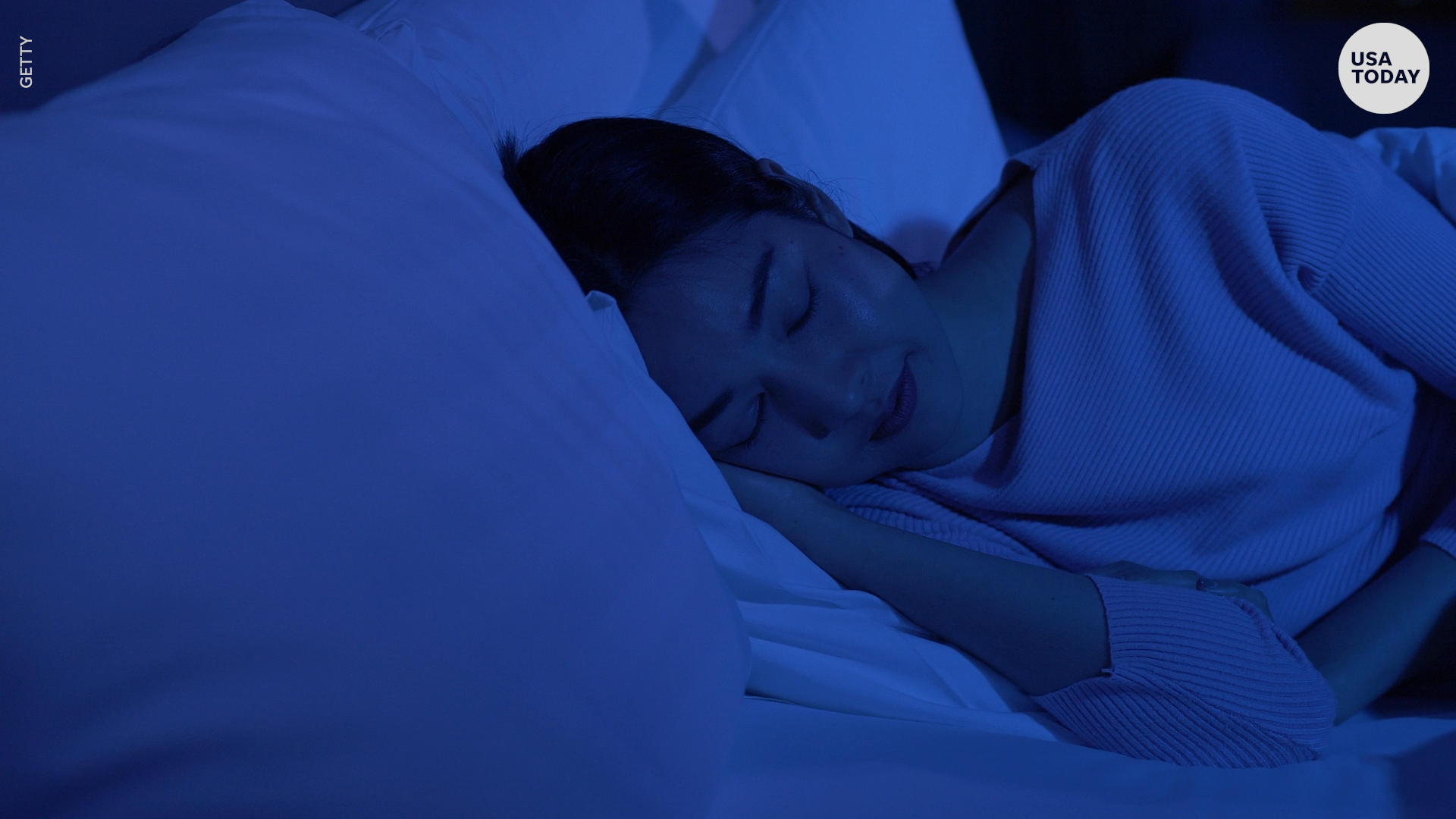Can you lose pounds by sleeping more? New study sheds light on sleep patterns and weight

A research study published in peer-reviewed JAMA Internal Medicine has found that increasing the number of hours you sleep could help you reduce your weight by cutting your calorie intake.
The 80 participants selected for the study had to fit a few criteria. They had to be 21 to 40 years old and get less than 6½ hours of sleep a night. They also had to have a body mass index of 25 to 29.9. Body mass index is the calculation of weight in kilograms divided by height, and the range specified for the study is typically classified as overweight.
They were then randomly placed in one of two groups. The first one was a control that maintained the same sleeping habits. The second group was asked to increase their sleep to 8½ hours.
After two weeks, the latter group who got more sleep consumed on average 270 fewer calories than the former control group.
What's everyone talking about? Sign up for our trending newsletter to get the latest news of the day
The study used a technique called the doubly labeled water method to measure energy intake levels for its participants. According to the National Center for Biotechnology Information, the process involves collecting urine samples from participants before and after the experiment. Researchers then run tests on the samples and determine how your body is processing energy. The urine test provides a more accurate and objective way of measuring calorie intake than self-reported techniques.
However, while the average person in the study consumed 270 fewer calories, the results ranged from person to person. One of the participants increased calorie intake by nearly 500 calories, while another one's decreased by more than 750 calories.
Sleep habits: Staying up late even when you know you shouldn't? It's more serious than you think
The study shows the importance of sleep in potentially changing health outcomes for obese populations.
"Getting sufficient sleep could be a game-changer in our battle with obesity epidemic as a society," Esra Tasali, a co-author of the study, told Paste BN. "Another important message is that something as simple as limiting electronics close to bedtime can help you get more sleep. Getting sufficient sleep is not important just for your brain functions but also for your body, for your metabolism and your weight."
You can follow the author Michelle Shen @michelle_shen10 on Twitter.